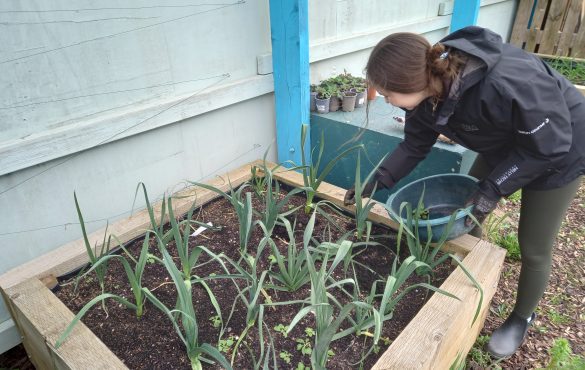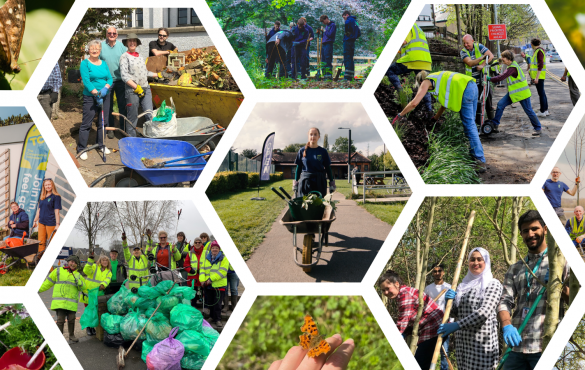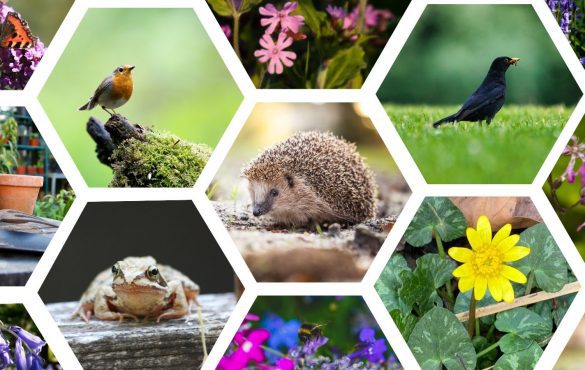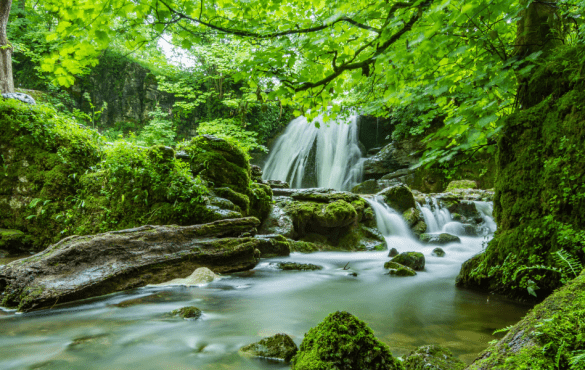Environmental Conservation is an increasingly competitive field to enter, given the ever-increasing importance of preserving wildlife and natural resources as the climate and ecological emergency grows ever more pressing.
Environmental concerns are taking centre stage in government policies globally, thankfully accelerating meaningful action towards protecting our awe-inspiring and life-sustaining natural ecosystems.
Due to the extent of the work needed in this area, there are plenty of volunteering opportunities available.
These can take many forms: from getting involved in more practical conservation activities, for example, tree planting, pond management or species identification; to helping to promote the protection of the environment by creating marketing materials or engaging with and providing education to the wider public.
So how does volunteering in conservation help increase your skills and experience to get a foothold into the sector?
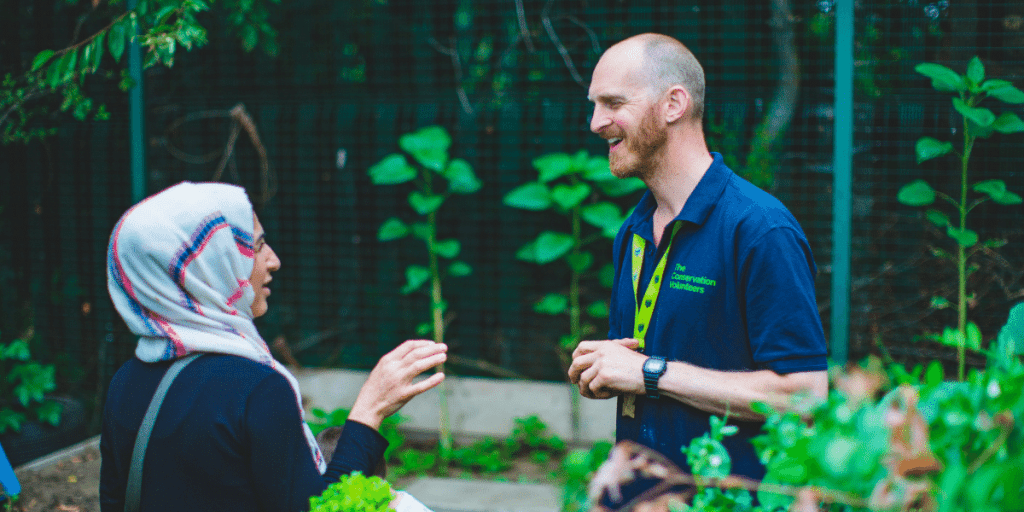
1. Gain practical experience
This almost goes without saying but is too important to leave out. There is no substitute for hands-on experience: volunteering will teach on-the-job skills and give invaluable experience, which will be directly transferable to future employment. Candidates with relevant experience who have demonstrated initiative in getting it are considered more attractive to employers.
Even outside the employer perspective, the experience will give you more confidence in your abilities and often greater resilience and adaptability.

2. More access to inside industry information
Often volunteers go on to be employed directly by the same organisation.
Even where that isn’t a possibility, you will still retain more access to news, job vacancies and contacts within the sector. You can network and gain information
Also, the inclusive nature of volunteering means getting to work with a diverse range of like-minded individuals from a range of ages and backgrounds, again building up environment-based connections.
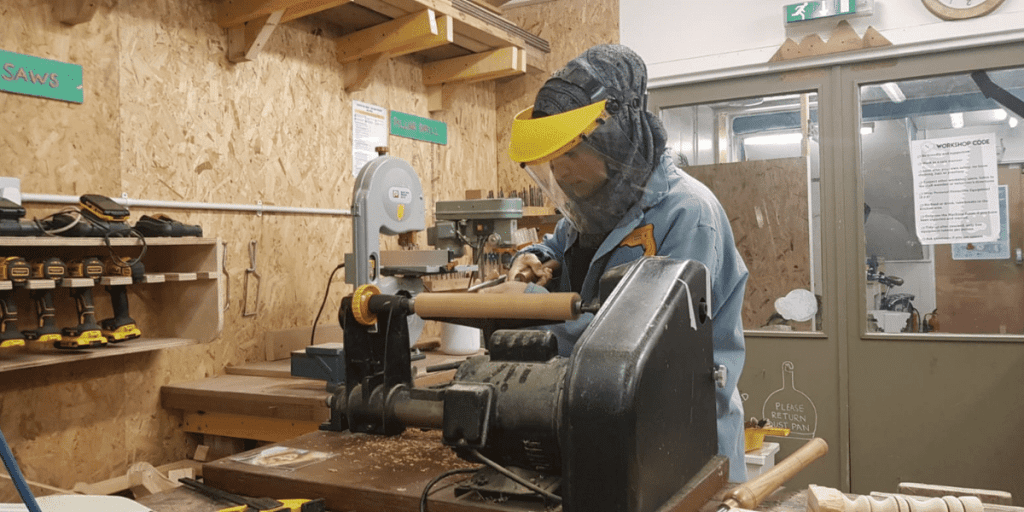
3. Learn about your own interests, motivations and choices
The reality of conservation work could never be conveyed in writing alone, so volunteering can give you a good idea of where your interests lie.
It helps explore whether you feel you have the skills required or how to develop them.
The type of work needed in certain areas can be physically tough, for example, and volunteering provides an idea of the level of practical work you can manage or alternatives that might be better suited to you.
You will ultimately learn how passionate you feel about conservation and whether it is the career choice you wish to pursue, or simply a hobby you can enjoy in your spare time.

4. Volunteering can be flexible
Not everyone is in a position to enter a career in conservation immediately. You may have other life commitments, be working in an entirely different sector or have spent many years out of work, and jumping into such a career without prior knowledge of what is involved or any experience could be difficult.
The flexibility of volunteer work means that you have control over how much of your time you can commit and how many hours you are prepared to give. Even a small amount of volunteering from time to time is enough to get a taster and to bolster a CV.
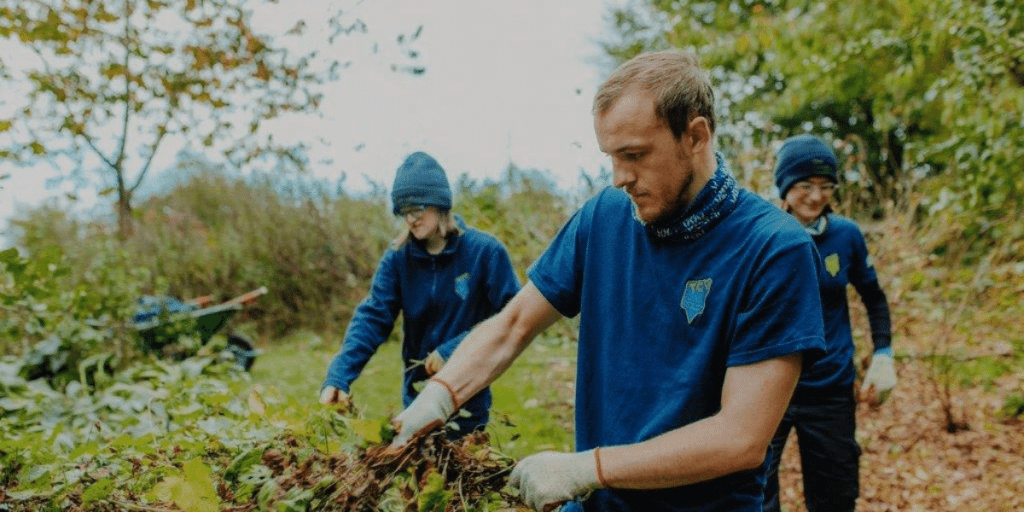
5. Demonstrate your commitment
Working in conservation – although rewarding – can be hard work and sometimes isn’t lucrative, especially when starting out. Success often needs commitment and passion. Demonstrating this early on is extremely helpful to open up future opportunities.

6. Gain valuable skills
As conservation activities are mostly team-based, volunteering and traineeships often enhance social, team-working and leadership skills. Depending on the opportunity, you may also gain essential skills like finance and budget management, literacy and numeracy, and project planning and management.
More specific skills can include training in risk assessment and safeguarding, first aid training, tool safety, managing other volunteers, and specific conservation tasks. The list goes on depending on the area of interest. An added bonus of outdoor volunteering is an increase in fitness levels and mental health, especially after the isolation of lockdowns.
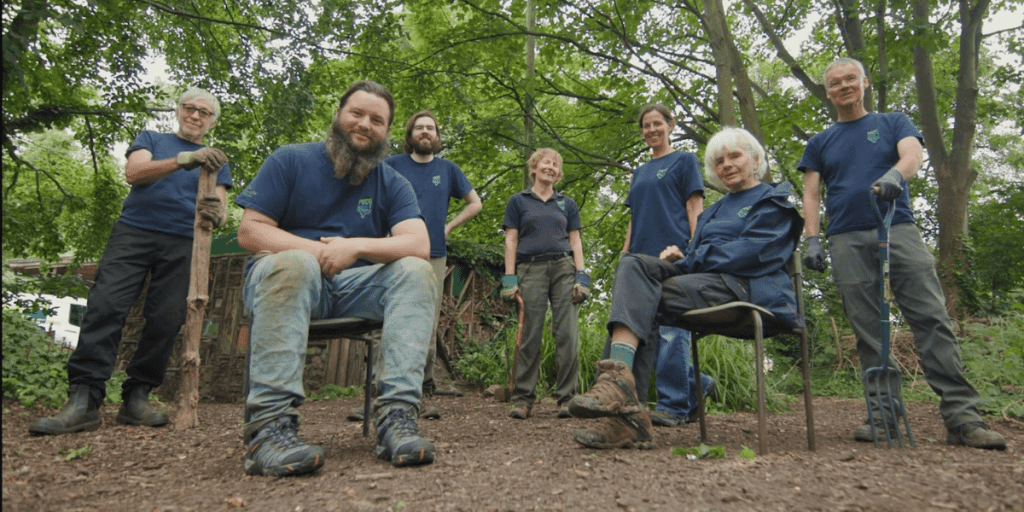
7. Gain knowledge
There is always something new to learn about the environment! Through volunteering, you’ll be introduced to a wealth of knowledge when working with conservation, botany, or ecology experts. These experts will share what they know and do, and why they do it. Like skills, the knowledge you’ll gain depends on the type of volunteering project but could include further information about the environment, habitat management, ecological principles, or data collection.

Volunteering opportunities near you
These are just some of the ways that volunteering in conservation helps pave the way for a career. However, by far the most important thing we hear from volunteers is that the experience has given them a sense of being part of something worthwhile, a sense of wellbeing and a feeling of having made a positive impact.
The best thing about volunteering for conservation comes back to this point: whether people choose to do it to help their career prospects or simply to give something back to wildlife, nature and their local community, it’s always greatly rewarding and fun while benefitting both volunteer and planet!
TCV is active across most of the UK. Find volunteering opportunities in your area and launch your own career in conservation.
This blog post, written by Melanie Rendle, TCV Volunteer, initially featured in CJS Focus on Volunteering.
Keep up to date with the latest news and activities from The Conservation Volunteers by following on Twitter, Facebook, LinkedIn and Instagram. You can also sign up to receive our Greenzine newsletter for more ways to get involved.

